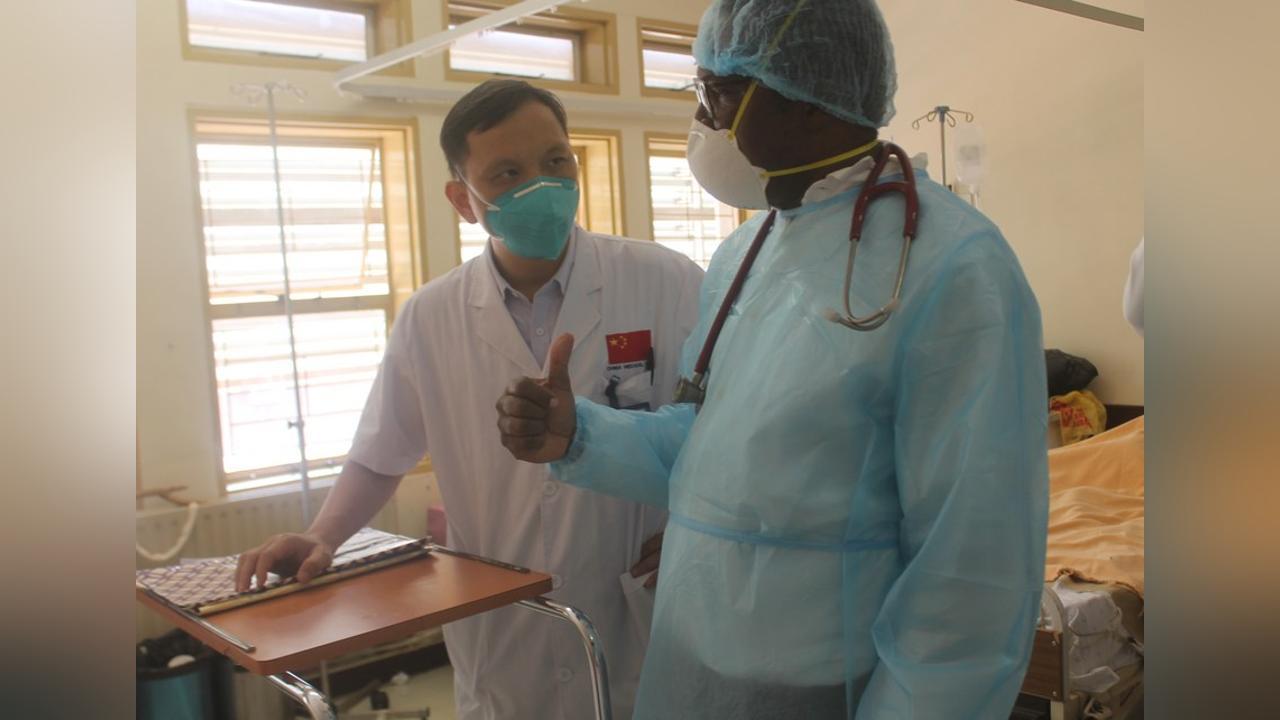Africa-Press – Eswatini. Patients have raised concerns over the shortage of crucial neonatal care, which has impacted pregnant women negatively in public hospitals.
Jabu Simelane, echoing the sentiments of many, shared her distress after receiving treatment at the Mbabane Government Hospital.
She expressed her concern at being told to purchase her own supplies, underscoring the additional burden this placed on individuals lacking the financial resources to do so.
“It’s disheartening to witness our public hospitals grappling with shortages in neonatal supplies. Everyone knows how crucial it is for pregnant women to have access to adequate healthcare, and these shortages put their well-being at risk, especially for those who can’t afford,” she said.
Adding to the chorus of voices expressing dismay, an anonymous pregnant woman revealed her shock at being instructed to bring her own ultrasound gel, a critical component for expectant mothers, particularly those with hypertension.
She emphasised the importance of ultrasound as a non-invasive and potentially more effective alternative for managing medical conditions during pregnancy.
The shortage of neonatal care products was brought to the forefront by SwaziPharm Director Kareem Ashraf during the company’s E1.8 million donation of medical drugs to government.
Ashraf expressed concern about hospitals grappling with a surge in infant mortality rates.
He revealed that despite SwaziPharm being awarded Tender No.2 intensive care worth E80 million, intended for maternity and ICU use in neonates and infants, there remains a cloud of uncertainty surrounding the supply of medical drugs.
“We have waited for orders over the past 12 months, but nothing has come, while stock had been piling in our warehouse,” Ashraf said.
He emphasised the distressing situation where medical supplies in the company’s warehouse expire while simultaneously being urgently needed in government hospitals.
Dr. Velephi Okello, the Director of Health Services, confirmed the shortage of some neonatal care supplies but was quick to point out that there was no definitive data linking it to a surge in infant mortality.
“While we acknowledge the shortage of certain neonatal medications, we want to emphasise that there is no conclusive evidence tying it to an increase in infant deaths,” she clarified.
“Rest assured, we are actively addressing this issue and exploring alternative solutions to ensure the well-being of both mothers and new-borns,” she added.
Patients also lamented a shortage of drips, citing instances where they had to spend over E500 for an antibiotic IV.
One patient receiving treatment at the Mbabane Government Hospital expressed concern, stating that what was even more troubling was that they had been told that medication was now available.
Dr. Okello countered claims of drip shortages, attributing any discrepancies to procedural issues in ordering from the Central Medical Stores and urged hospitals to rectify the situation through proper procedures.
Mayibongwe Masangane, Secretary General of the Swaziland Democratic Nurses Union (SWADNU), expressed scepticism about the government’s transparency, noting discrepancies between official statements and the reality on the ground.
Masangane called for transparent and effective measures to address the current shortages and prevent such crises in the future.
“We can never emphasise the critical need for a robust and reliable healthcare system that prioritises the well-being of its citizens enough,” Masangane added, underscoring the urgency of addressing the healthcare challenges faced by the public.
For More News And Analysis About Eswatini Follow Africa-Press







